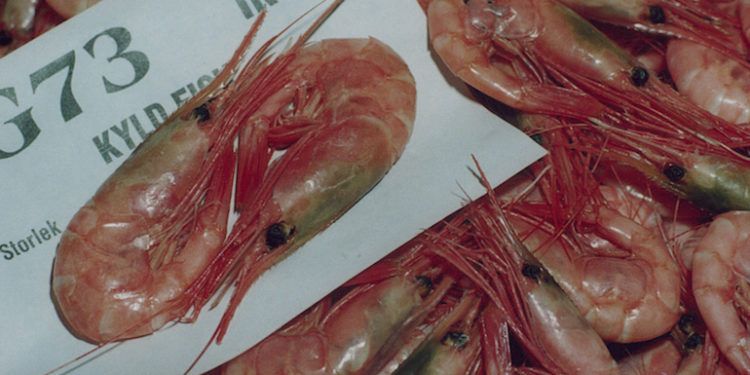Speaking at as panel session organised by the Environmental Defense Fund at the International Institute for Fisheries Economics and Trade (IIFET) conference in Aberdeen this week, Peter Olsson of the Swedish Fishermen’s PO stated that is possible to prosper with increased selectivity.
Peter Olsson was one of a group of speakers taking part in the Adapt, improvise and overcome: fishermen’s responses to the Landing Obligation panel, chaired by Dr Erik Lindebo of EDF, held during the IIFET Industry and Policy day.
‘We just need to make use of the tools available. With the right combination of tools and policy measures we can create the right conditions for sustainability and strong businesses,’ Peter Olsson said commenting on his experience in dealing with choke species in his fisheries.
David Stevens of UK trawler Crystal Sea took part in the same discussions, adding that; ‘The collaborative approach to implementation is truly worthwhile. When you give fishermen the ability and incentive to deal with the issues themselves, they are able to come up with the best solutions. Fishermen need the freedom to take control of their fisheries,’ he said.
‘The Landing Obligation has represented a huge change in the fishing landscape, and will continue to do so,’ Erik Lindebo commented. ‘We’re surrounded by optimistic, pragmatic solutions that can make a difference, especially to mitigate some of the all-important choke problems. The key now is to ensure fishing industry and policy are on the same page when it comes to fully utilising the management toolbox, allowing innovation and best-practice to come to the fore via the simplest route possible.’
‘There are significant challenges with the Landing Obligation. But with a varied toolbox of methods, and industry expertise at our disposal we can begin to tailor appropriate solutions. It is of fundamental importance that the fisheries sector and all other stakeholders are on board with the process, all across Europe,’ he concluded.









